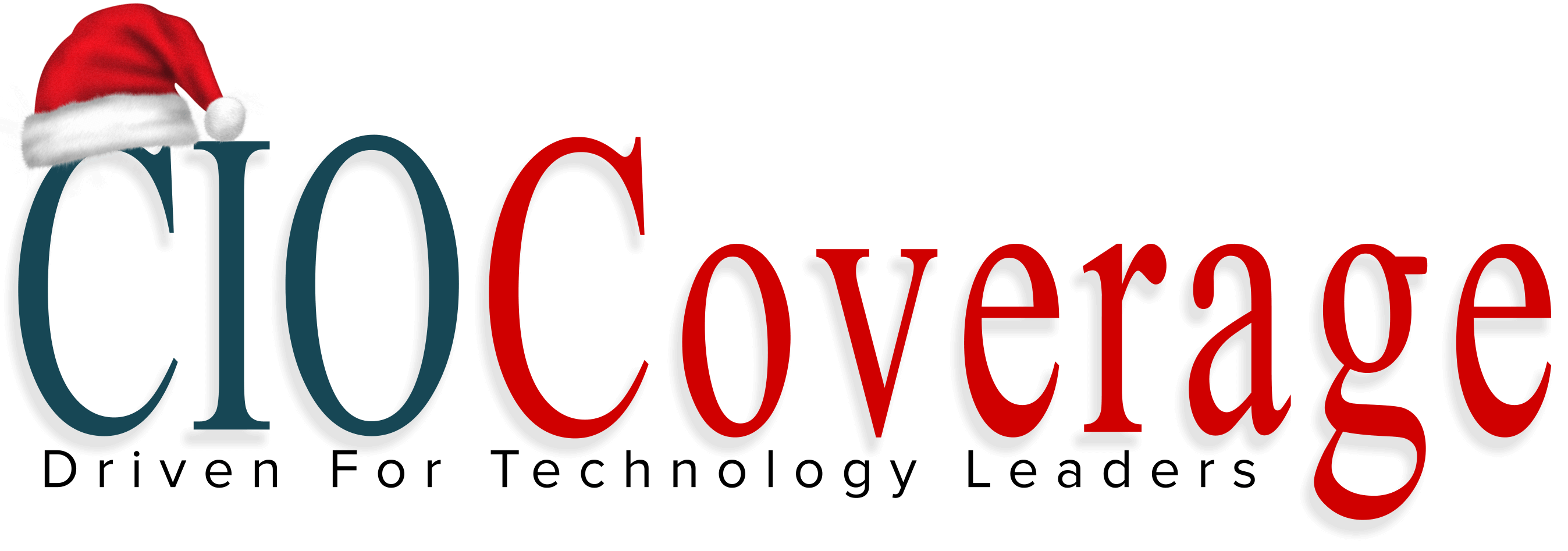
The European Commission has sanctioned a significant €8.1 billion (approximately $8.7 billion) in state aid to spearhead cutting-edge technological advancements. This mammoth investment is primarily earmarked for the burgeoning sectors of microelectronics and communication technologies, which are viewed as cornerstones for Europe’s technological future.
Amid a rapidly evolving global tech landscape, this latest move underscores the European Union’s resolution to maintain its competitive edge and act as a front-runner in innovation. The decision grants permission to 14 of its member nations to distribute the funds across 68 distinct projects.
These initiatives span various industries and represent established tech giants and emerging contenders. Notably, significant corporations like Airbus, ASML, and Ericsson are among those poised to benefit from this financial boost.
The selected initiatives aren’t just random technological pursuits; they’ve earned the distinction of being labeled an Important Project of Common European Interest (IPCEI). This classification facilitates a smoother application and disbursement of EU state aid funds, paving the way for more streamlined project executions.
It’s worth noting that this isn’t the European Union’s first foray into promoting IPCEIs. In 2018, a similar endorsement was given to another batch of projects within the same tech sectors, highlighting the EU’s consistent commitment to these industries.
Diving deeper into the nature of these projects, the expansive list reveals a blend of foundational and futuristic technology undertakings. While some projects will focus on the foundational aspects of tech evolution, like research & development of new materials and refining manufacturing processes, others are set to explore frontiers that have only recently entered the public lexicon. From designing chips that could potentially power the next generation of devices to developing 5G and 6G telecoms infrastructures, Europe seems intent on shaping the future of global communications.
Beyond communication, the approved projects’ scope stretches to domains expected to redefine the 21st-century tech landscape. Initiatives focusing on autonomous driving technologies promise a revolution in transportation, while artificial intelligence (AI) efforts aim to reimagine human interaction with machines and data. Additionally, with the buzz around quantum computing growing louder by the day, EU-backed projects in this area might just hold the key to unimaginable computational capabilities.
The horizon looks promising with such an infusion of funds and a clear vision. While the ripple effects of these projects will undeniably be felt over the coming decade, tangible outcomes in the form of novel products and technologies could emerge as early as 2025.
Furthermore, with a roadmap stretching till 2032, this endeavor marks not just a short-term investment but a strategic long-term commitment by the European Union to position itself as a global tech powerhouse.
As global competition in technological advancement intensifies, the EU’s recent funding approval sends a clear message – Europe is ready to participate in the next wave of tech evolution. Will this significant investment truly reshape the technological landscape of Europe? While the future brims with potential, only time can unveil the outcome.















